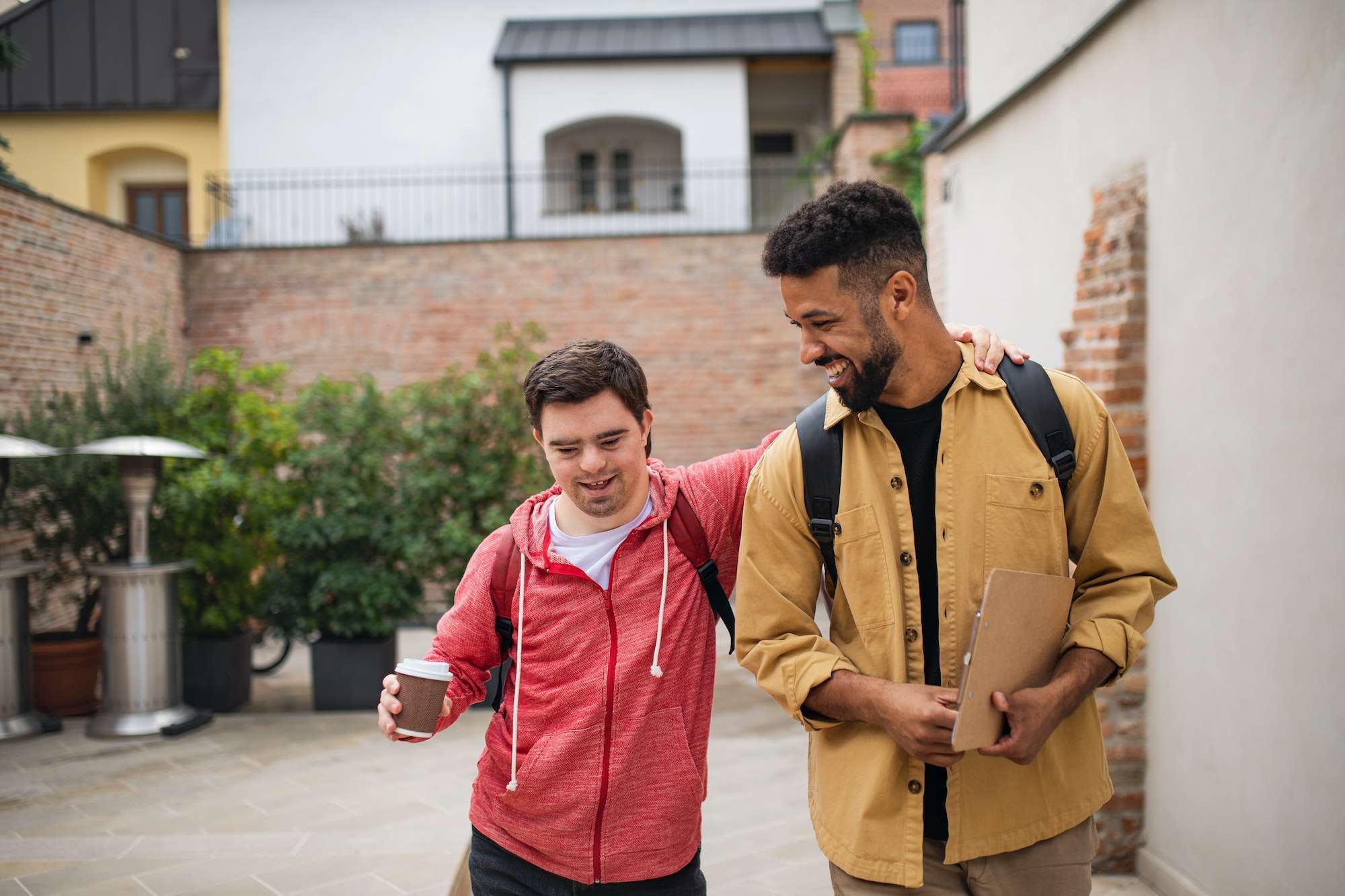Comprehensive Care

First Session: Paperwork and Initial Assessment
In the first session of family therapy, we complete required paperwork, establish confidentiality guidelines, and gather family background information using a biopsychosocial assessment. This allows us to understand the dynamics within the family system.
Second Session: Identifying Barriers, Family Goals, and Objectives
In this session, we work together to identify family barriers that are impacting relationships and communication. Each family member can contribute their perspective on what they hope to improve. We’ll develop shared goals that focus on strengthening family connections and resolving conflicts.
Third & Fourth Sessions: Family Treatment Planning
The third and fourth sessions focus on creating a Family Treatment Plan that outlines specific goals for the family. These could include improving communication, managing behavioral challenges, or addressing emotional difficulties within the family unit. For example:
Barrier: Conflict, Communication Breakdown, Anxiety, ADHD
Goal: Improve family communication by holding structured weekly family meetings where each person shares their thoughts.
Objective: Each family member will participate in family meetings using active listening techniques, while the family uses problem-solving strategies to manage conflicts.
Ongoing Sessions: Monitoring Family Progress
As therapy progresses, we will evaluate the family’s progress toward its goals. We will adjust the treatment plan as necessary and discuss whether the family is ready to conclude therapy. The goal is to help the family develop healthy communication patterns and support systems, allowing them to thrive independently of therapy.
First Session: Paperwork and Initial Assessment
In the initial session, we complete necessary paperwork, review confidentiality policies, and gather information through a biopsychosocial assessment to get a comprehensive understanding of your situation.
Second Session: Identifying Barriers, Goals, and Objectives
During the second session, we collect additional information and work together to identify barriers that may be affecting your progress. We also start discussing your goals and objectives for therapy, focusing on what you want to achieve.
Third & Fourth Sessions: Treatment Planning
These sessions are dedicated to developing a formal Treatment Plan. We outline the specific goals you wish to accomplish, the barriers you face, and the objectives that will help you overcome them. For example:
Barrier: Trauma, Depression, Anxiety, ADD, ODD, OCD, DMDD
Goal: Assert my ideas verbally, 3 out of 5 opportunities every week for a month.
Objective: When I have an opportunity to verbally assert my ideas at work, I will express them while using cognitive defusion strategies to manage anxiety.
Ongoing Sessions: Progress Monitoring and Adjustments
Throughout therapy, we will continually review your progress. We’ll assess whether you’ve met your goals, if adjustments need to be made, or if it’s time to transition out of therapy. Our ultimate aim is to empower you to navigate life confidently and independently.


We are passionate about helping youth and young adults learn the the skills that they need for successful work, community/social, and independent life. Crimson Heights provides hands-on treatment and instruction in the clinic and outdoor community settings. We teach key skills related to executive functioning, social interactions, and communication skills. We offer self-management and social skills training that focuses on independence and self sufficiency.
Experiential treatment focuses on doing rather than talking. Therapists encourage individuals to engage in activities which occupy the mind and body, often allowing the individual to process emotions and information more easily. The therapist may then provide feedback, either during or after treatment, while also allowing the client to engage their own feelings and reactions. Many of these activities take place outside a normal office setting.

CARF-accredited for Residential Treatment, Partial Hospitalization (PHP), and Intensive Outpatient Programs (IOP).
USBE Certification of Residential Treatment Center Special Education Program
View current listing of locations, licenses, and credential status here
© 2025 Crimson Heights, LLC. All rights reserved. Call for an inquiry (435) 705-7574